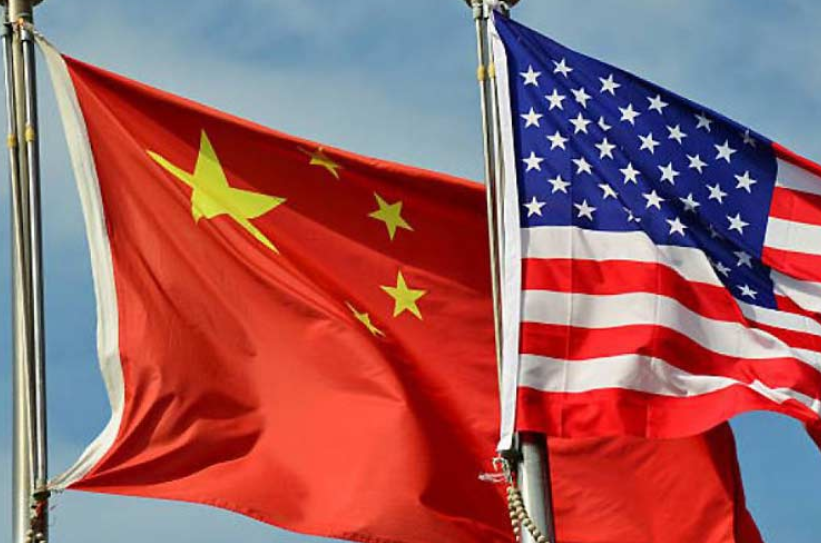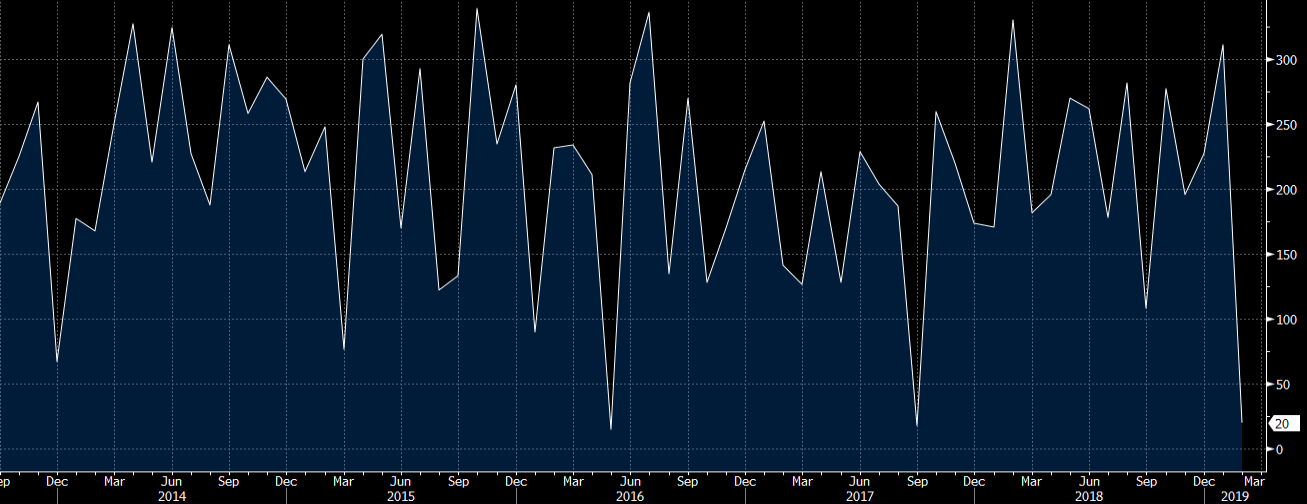Reuters cite unnamed sources
- Two sources say Saudi dollar plans discussed with OPEC members, one says concerns were communicated to US
- Saudi Arabia has discussed plans to ditch the dollar from oil trades if US passes NOPEC – three sources
Samsung Electronics on Friday delivered an earnings shock for the first quarter with its quarterly operating profit falling 60 per cent, hit by lower prices of memory chips and display panels.
Operating profit at the South Korean technology giant was estimated at Won6.2tn ($5.5bn) for the first three months of this year, compared with Won15.64tn from a year earlier. Sales fell 14 per cent to Won52tn.
The company’s projection was far below analyst estimates although Samsung issued a profit warning last week in a rare regulatory disclosure that blamed slow demand for memory chips and an expansion of panel capacity among Chinese competitors.
The downbeat guidance is the latest sign of woes hitting global electronics makers as chipmakers have been hit by slowing demand and rising stock inventories following a slump in smartphone sales and a sharp fall in demand from cryptocurrency mining. The effects of a broader economic slowdown and worries over the US-China trade dispute have also been felt by the industry.
Analysts expect Samsung’s earnings to improve in the second half on seasonal demand and lower inventories. Such optimism has driven up the company’s shares by more than 20 per cent since hitting a two-year low in early January.



The US employment report is due at 8:30 am ET on Friday, April 5, 2019:
Here’s the March jobs story so far
US stocks nudged their way higher on Thursday, extending their winning streak to a sixth day, as investors focused on the latest round of US-China trade talks.
Wall Street’s S&P 500 rose 0.2 per cent, led by gains in the materials and energy sectors that offset weakness in technology and utilities. The rally handed the benchmark its first six-day winning streak since February 2018 and brought it to its highest level in almost six months.
The Dow Jones Industrial Average — boosted by Boeing’s 2.9 per cent gain — was up 0.6 per cent. The tech-heavy Nasdaq Composite was 0.1 per cent lower.
The moves came as Mr Trump said on Thursday that trade talks with China were going well and as negotiators worked to hash out a final deal on the trade dispute ahead of a meeting between the US president and the Chinese vice premier later in the day.
Despite the optimism on trade, investors remained on edge after Mr Trump threatened to seal the border with Mexico or impose new tariffs if the country does not do more to stem the flow of migrants and drugs into the US.
European bourses ended mixed on Thursday. Frankfurt’s Xetra Dax 30 closed up 0.3 per cent at a new multi-month high, while the Europe-wide Stoxx 600 was 0.3 per cent weaker. London’s FTSE 100 fell 0.2 per cent, with the pound within its well-worn trading range — down 0.6 per cent at $1.3079 — as investors kept watch on the UK’s uncertain Brexit politics.
Mainland China’s CSI 300 added 1 per cent ahead of a national holiday, while the Topix in Tokyo eased back from a modest gain to end down 0.1 per cent.
The euro ticked down 0.1 per cent to $1.1233, taking a knock after further disappointing German economic data.

